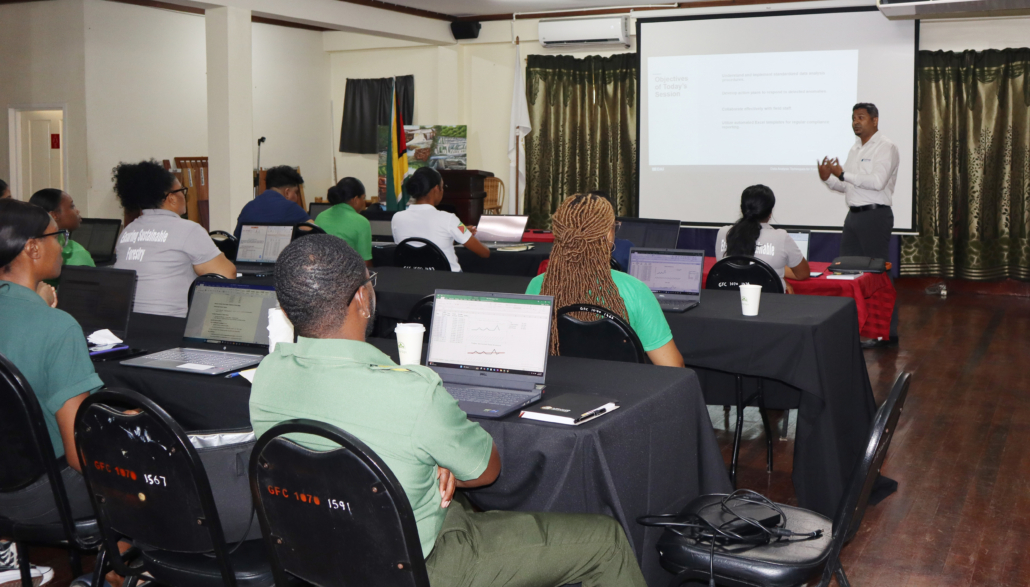Fifth JMRC and Fourth Political Meeting Mark Major Progress in the Guyana–EU Forest Partnership
The Government of Guyana and the European Union (EU) reaffirmed their shared commitment to strengthening sustainable forest management, forest governance, and the legal timber trade, as Guyana and the EU convened the fifth Joint Monitoring and Review Committee (JMRC) of the Forest Law Enforcement, Governance and Trade Voluntary Partnership Agreement (FLEGT VPA) and the fourth Political Meeting of the Forest Partnership on December 10.
The high-level engagement was co-chaired by the Hon. Vickram Bharrat, M.P., Minister of Natural Resources, and Ambassador Luca Pierantoni, Delegation of the European Union in Guyana, marking another significant step toward the operationalisation of Guyana’s Timber Legality Assurance System (GTLAS) and progress toward the issuance of the first FLEGT licence by the end of 2026.
The political meeting follows the technical discussions held on December 8, when representatives of Guyana and the EU met at the GFC Multiplex for the JMRC Technical Session. That session, co-chaired by Commissioner Edward Goberdhan of the Guyana Forestry Commission and Mr Nadal Sastre, advanced several core implementation areas of the FLEGT VPA, including the revised Joint Implementation Framework (JIF), status updates on the development of key IT systems, independent audit preparations, and updates on VPA-related initiatives such as the Impact Monitoring Framework. The technical agenda also guided discussions on non-compliance procedures, complaint mechanisms, EUDR alignment, capacity-building needs, and Guyana’s 2026 national budget allocation to FLEGT implementation.
During the Political Meeting, Guyana and the EU signed an Aide Mémoire capturing the outcomes and joint commitments arising from the JMRC and the discussions under the Forest Partnership.
The signing underscores continued political engagement and a shared responsibility to ensure Guyana’s forests are managed sustainably, supporting national development while meeting international legal and sustainability standards.
Guyana is the first South American country to implement a VPA with the EU. The FLEGT VPA establishes a rigorous system to verify the legality of timber and timber products for export to the EU market.
The JMRC, as the independent oversight body for the Agreement, monitors progress, resolves implementation issues, and assesses readiness to launch the FLEGT Licensing Scheme. Its functions include assessing the GTLAS, guiding the independent audit, maintaining official records, and establishing working groups as needed.
The Forest Partnership, established through a Memorandum of Understanding signed in November 2022, aligns Guyana and the EU around shared climate, conservation, and sustainable forest management priorities to 2030. It remains a model of international cooperation that supports national development priorities while contributing to global sustainability, climate action, and responsible trade.
Together, the Forest Partnership and the FLEGT VPA support the development of a robust forest bio economy, strengthen governance frameworks, and uphold the rights and participation of Indigenous peoples and local communities.


